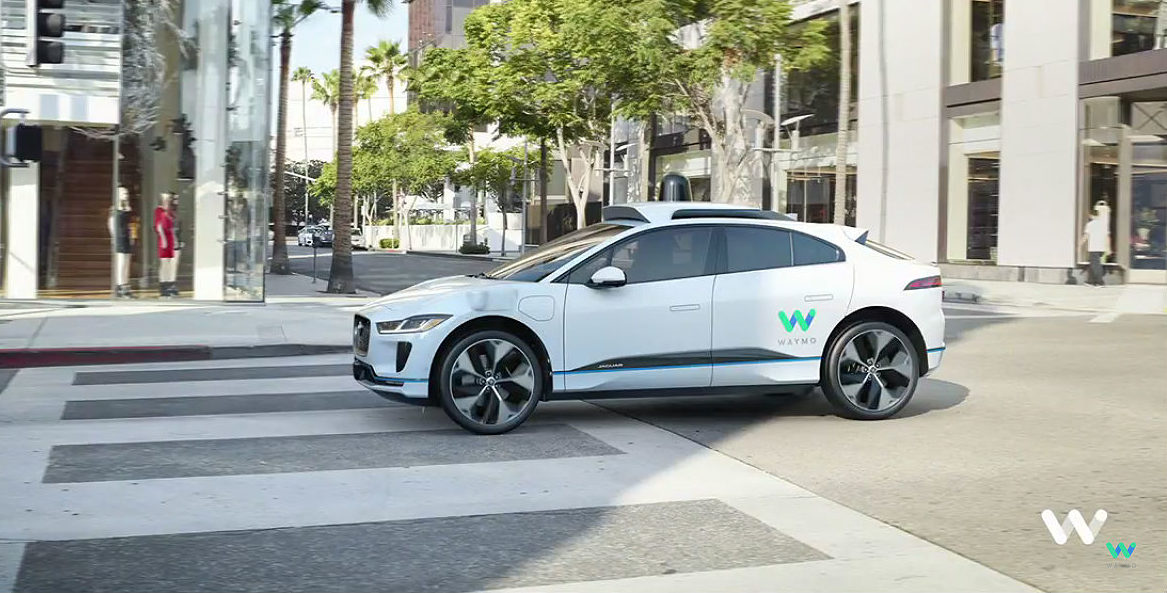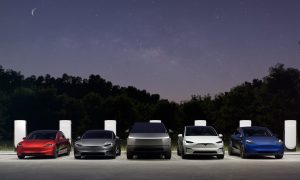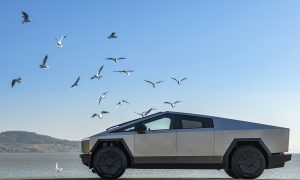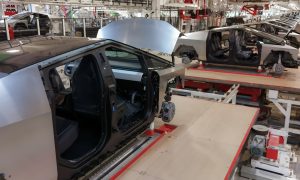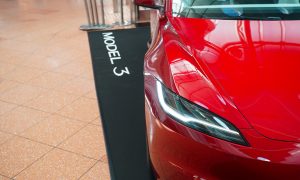Driverless ride-hailing company Waymo is looking to expand its testing to Los Angeles, but a new bill introduced just weeks ago may threaten the company’s ability to operate in the Southern California city if it’s passed.
Waymo announced its plan to expand driverless testing to Los Angeles just a few weeks ago, beyond the company’s current operations in San Francisco and Phoenix, Arizona. However, Senator Dave Cortese (D-San Jose) introduced a bill around the same time that would allow communities to have the most say in whether autonomous vehicles (AVs) can operate locally, potentially throwing a wrench into the Alphabet-owned company’s plans.
Cortese introduced SB 915, the Autonomous Vehicle Service Deployment and Data Transparency Act, which would effectively let local communities determine the regulations and requirements around where and if driverless vehicles can operate, instead of them only being granted or denied by the California Public Utilities Commission (CPUC) and the Department of Motor Vehicles (DMV).
“City councils and county boards of supervisors adopt ordinances on any given week, nimbly and with local accountability. SB 915 returns control to the local communities who know their streets best,” Senator Cortese said in a statement. “The emergence of autonomous vehicles is an exciting technological development with massive potential upsides for safety and convenience. We must ensure this innovative technology rolls out safely.”
Below you can see the proposed map of Los Angeles operations from Waymo’s advice letter filed with the CPUC:
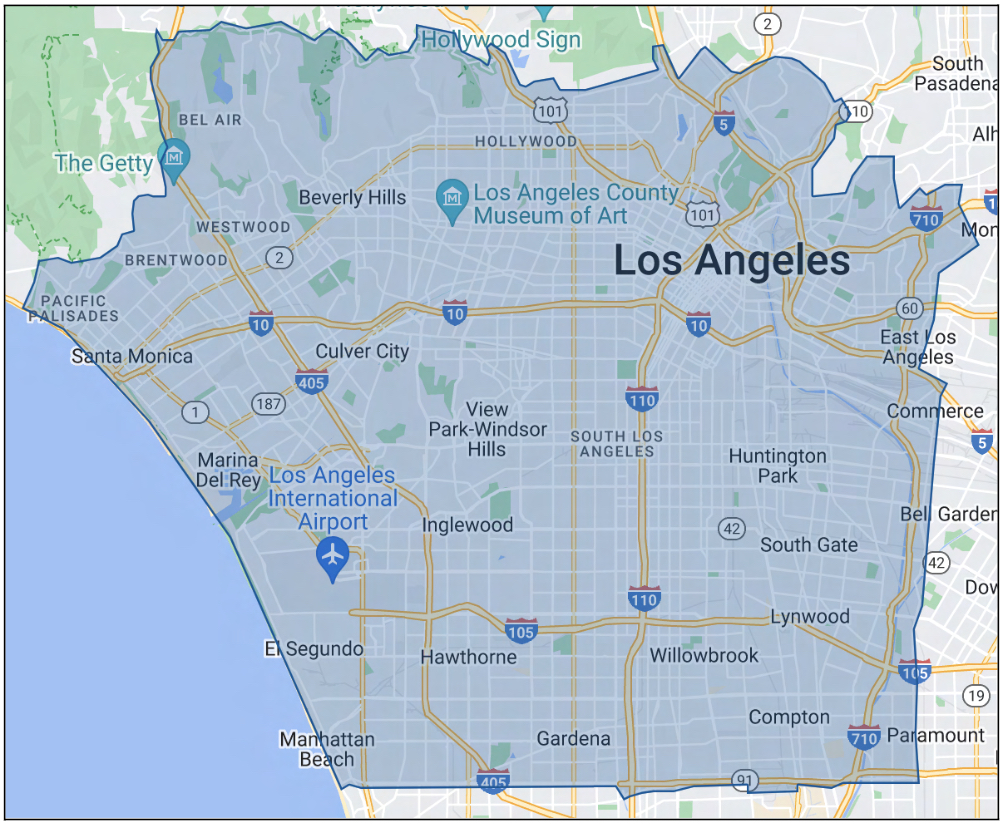
Credit: Waymo
The introduction of the bill comes after significant scrutiny around driverless vehicles has hit many communities, including San Francisco, where Waymo and General Motors-owned Cruise were approved to begin operating 24 hours a day in August. Critics were quick to voice their concerns, and just months after the approval, Cruise’s permit to operate driverless vehicles was revoked after one of its robotaxis dragged and pinned a pedestrian who had been hit by another car with a human driver.
Authorities in San Francisco have also been vocal about wanting more control over regulations surrounding AVs,
“Right now is the time for Cruise, Waymo and Zoox to say, ‘We welcome sensible regulations,’ rather than do what they’ve done the last half-dozen years,” said Aaron Peskin, San Francisco Board of Supervisors President (via Automotive News).
Others have argued that the bill could slow down innovation, as it would require Waymo and other companies to gain approval from over a dozen municipalities before expanding.
“For all de facto purposes, Waymo is becoming the Standard Oil of autonomous driving,” said Grayson Brulte, head of insights firm Road to Autonomy. “If I want to go visit my mom one town over, and that town doesn’t have the ordinance, then I can’t take a Waymo there. What this bill does is harm California’s innovation economy.”
Discussions on SB 915 are expected to begin in the Senate after Friday, though the body likely won’t vote on the legislation until later this year.
While Waymo’s expansion plans were approved by the California DMV last month, the company is awaiting a response from the CPUC by February 20. The staff can either approve, deny or suspend the application, with the latter option offering the staff up to 120 extra days to review the proposal.
Waymo expanding autonomous driving tests to include freeways
What are your thoughts? Let me know at zach@teslarati.com, find me on X at @zacharyvisconti, or send your tips to us at tips@teslarati.com.

